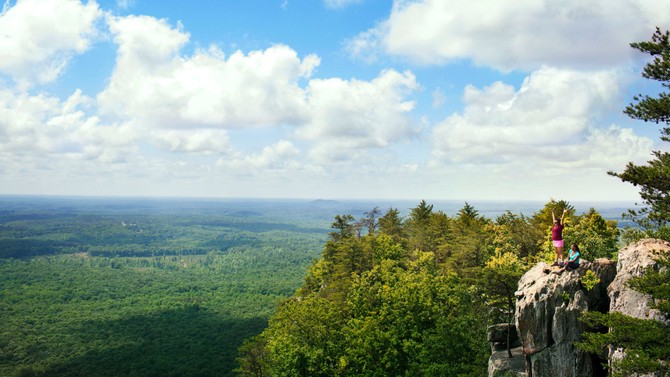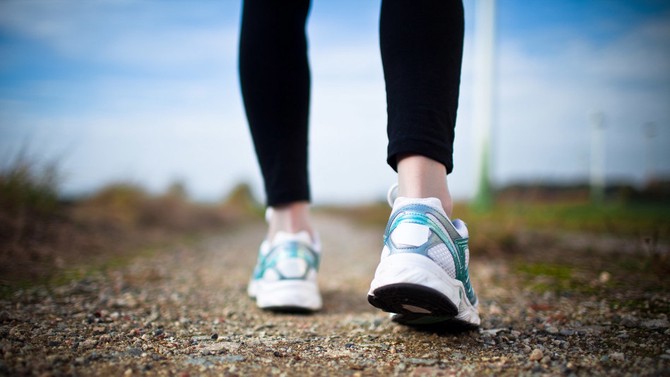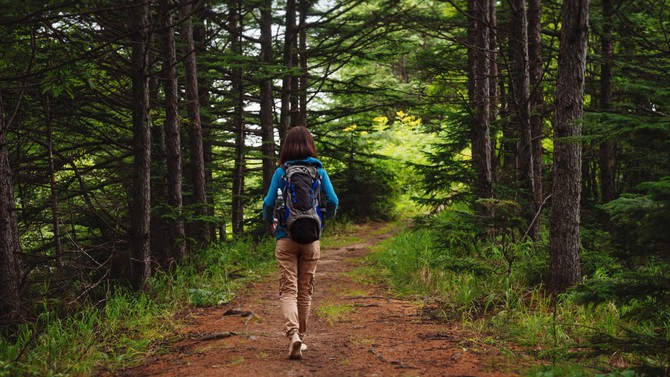5 Ways to Boost Your Health by Going Outside
Two doctors provide the best excuses yet for going outdoors.
Cristina Tudino

Photo: Carol Von Zumwalt
Nature's Touch
The warmth of the sun on your skin, the sounds of the birds in the trees—stepping outside can help anyone feel instantly better. But it turns out that the perks of greener environs reach far beyond your mood: In their new book, Your Brain on Nature, Eva Selhub, MD, and naturopath Alan Logan explore the incredible physiological effects of being outdoors—including increased immune activity and less perceived effort during exercise (see ya, treadmill!). Read on for five research-backed ways to experience nature's healing touch.

Photo: Thinkstock
Reap While You Sow
Norwegian researchers discovered that subjects with moderate-severe depression who participated in a horticultural program experienced reduced symptoms after 12 weeks. "Humans are innately engaged in nature," says study author Marianne Thorsen Gonzalez, PhD, making gardening an ideal distraction from the rumination that fuels depression.

Photo: ola_p/Getty Images
Exercise in the Open Air
A 2011 study published in Medicine & Science in Sports & Exercise found that people who walked on an outdoor track moved at a faster pace, perceived less exertion, and experienced more positive emotions than those who walked on an indoor treadmill. In another recent study done in Scotland, subjects who walked through a rural area viewed their to-do list as more manageable than those who walked on city streets.

Photo: Chris Bennett/Getty Images
Notice the Scenery
Just looking at a natural scene activates parts of the brain associated with balance and happiness. In a study at South Korea's Chonnam National University, fMRI scans showed that when subjects saw images of mountains, forests, and other landscapes, they experienced heightened activity in the anterior cingulate gyrus (which is linked to positive outlook and emotional stability) and the basal ganglia (an area that's been tied to the recollection of happy memories).

Photo: James Q. Martin
Evaporate Depression
They sound like science fiction, but negative ions—particles that are plentiful near waterfalls, breaking waves, and river rapids—can act as natural antidepressants, according to Columbia University researchers. And an Indoor Air study found that after breathing negative ions for an hour, subjects' blood lactate levels dropped 33 percent, improving their energy levels.

Photo: Remains/Thinkstock
Walk in the Woods
The Japanese knew that shinrin-yoku, or "forest bathing," does wonderful things for the body. But now researchers at Tokyo's Nippon Medical School have quantifiable evidence: In one study, women who spent two to four hours in the woods on two consecutive days experienced a nearly 50 percent increase in the activity of cancer-fighting white blood cells.
Next: 3 ways to see your world with fresh eyes
From the June 2012 issue of O, The Oprah Magazine

